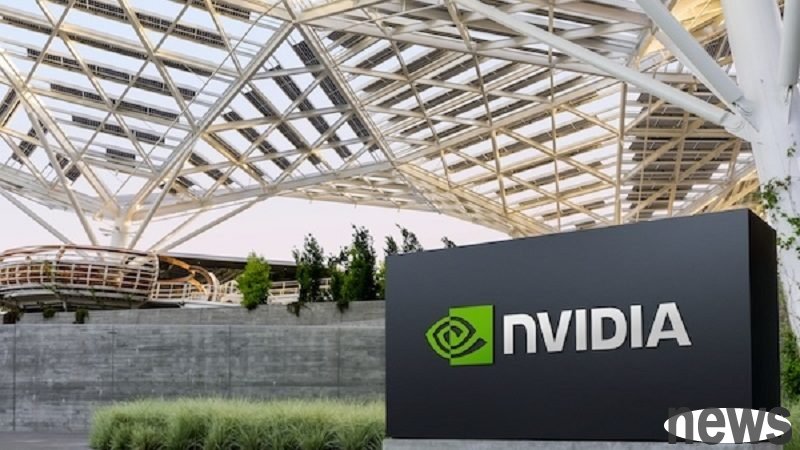
US Secretary of Finance Scott Bessent clearly stated on the public that the possibility of the US government's investment in NVIDIA (Nvidia), a large chip manufacturer, was ruled out. This statement is an important clarification for the market's recent speculation that the government may expand its direct investment in high-tech industries. Scott Bessent stressed that although the government has taken into account in specific areas, NVIDIA is not within the government's financial support scope due to its current situation.
Scott Bessent said bluntly when accepting a visit to Fox Financial News that he believed that NVIDIA does not need financial support, so it seems that this is not considered at the moment. Scott Bessent's comments directly respond to the government's questions about whether it will invest in equity in the market with strong market performance and abundant capital technology companies. This means that when the Ministry of Finance evaluates the government's intervention in corporate equity, it mainly considers whether the company has the need for financial support, rather than just based on the strategic importance.
However, Scott Bessent also took advantage of the opportunity to clarify the government's strategic considerations in other areas. He proposed that the agency may adopt equity intervention measures for industries that need reorganization. Scott Bessent Specific examples suggest that other industries that the United States is reshaping, such as shipbuilding, may this happen? Of course, this kind of thing can happen. This message implies that the government's industry policy is no longer limited to traditional supplementary or regulations, but may lead and strengthen the industry chain that is seen as important to the national economic and security through direct equity participation in a more aggressive way. Reshaping the word highlights the government's ambition to strategically adjust the structure, production capacity and even the global supply chain of a particular industry.
Recently, the Trump administration announced that it had acquired nearly 10% of the shares of chip maker Intel. This shows that the Trump administration has a high level of attention to maintaining domestic control and competition in key semiconductor industries. Prior to this, in June 2025, the Trump administration intervened in the transaction of Nippon Steel to acquire US Steel and obtained the so-called "golden share". President Trump pointed out at the time that this gave Washington authorities a solid right to speak for the operations of American steel wire companies. Both cases clearly show that when evaluating national interests, the US government has no hesitation to use direct shareholding or special shareholding forms to ensure its impact on key companies or industries.
The latest statements of Scott Bessent, along with past U.S. government conduct cases, can be seen that the U.S. government is exploring diverse tools to address geopolitical changes and global supply chain challenges. This policy not only concerns industry support, but also promotes strategic considerations of national security and economic autonomy. Although NVIDIA is not currently on the government's investment list, the reshaping of specific industries mentioned by the Minister of Finance, especially traditional industries with important strategic significance like shipbuilding, predicts that the future involvement of the US government in industrial economy will be more profound and conspicuous. Market insiders predict that in the future, the government will continue to adopt flexible and selective precautions between the power balance market mechanism and national strategy.
